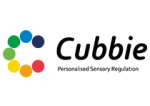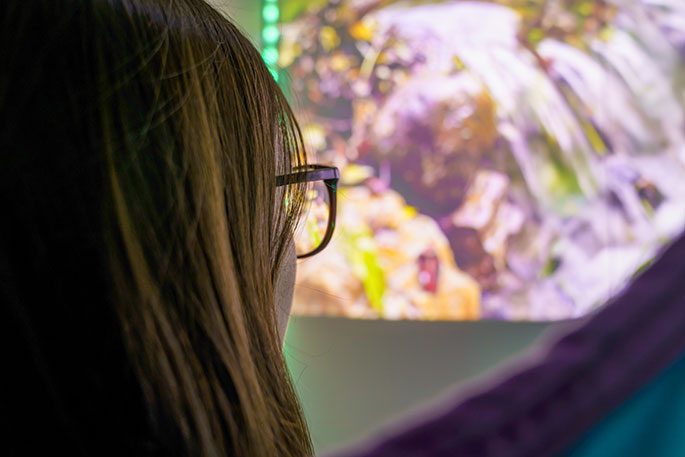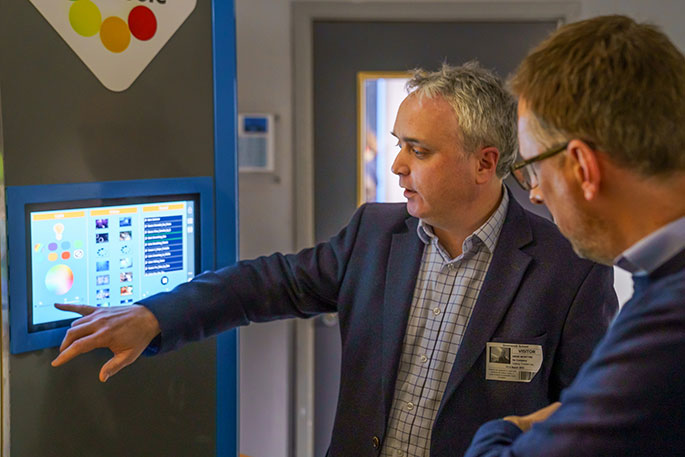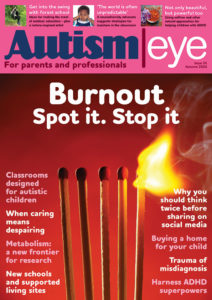With Cubbie – Personalised Sensory Regulation (PSR), people with autism, sensory needs and neurodiversity spend more time being productively educated and participating in society and less being supported to help manage their needs.
Personal experience of the problem
David, the CEO of Cubbie, has four children. Two are autistic. Until he and his wife noticed their sensory sensitivity, they had no idea about autism.
The school tried to help, but they, too, struggled for reliable knowledge and effective resources. The best the school could do was be positive and offer infrequent specialised interventions and a traditional sensory room on occasions.
These solutions rely heavily on the already stretched teaching staff and their expertise in sensory needs, which is variable through no fault of their own.
Like the teachers, David and his wife found this frustrating.
Limits of current solutions
Through personal experience, David learned fast about the extent of sensory regulation problems in schools and wider society.
Without proper support, sensory stress gets in the way of many students’ education and adults’ participation in society.
The current, traditional sensory room solution helps but is expensive and space-hungry and few places have one. More important, with or without a traditional sensory room, sensory regulation is currently very time-consuming and demanding of staff’s precious time. Plus, outcomes are variable and unpredictable. Consequently, students can spend a lot of time away from the classroom, making them feel different when all they want to do is fit in.
Our interviews with teachers show doing more with less and inclusion of all students as among their top concerns.
Coping with and managing sensory regulation can be disruptive and stressful for teaching staff, other pupils, parents and carers.
There had to be a better way
 David understands technology and is an engineer by trade. He used an incredible amount of spare time to address sensory overload in a new and effective way. He wanted to use technology to help his children and everyone with autism, sensory needs and neurodiversity participate more actively in society.
David understands technology and is an engineer by trade. He used an incredible amount of spare time to address sensory overload in a new and effective way. He wanted to use technology to help his children and everyone with autism, sensory needs and neurodiversity participate more actively in society.
The future is Cubbie – Personalised Sensory Regulation (PSR)
The solution to the problems of the traditional approach is Personalised Sensory Regulation (PSR). It is distinguished by being a digital, quick, easy-to-use, immersive personal space of sound and vision free of disruptions, driven by software and wheelchair friendly. Every Cubbie user has a Cubbie Profile. Each Cubbie Profile is unique and used to create a personalised session called a Sensory Sprint.
Results to expect
Users will be reliably and predictably regulated in 5, 10 or 15 minutes with their personalised Sensory Sprint. A Sensory Sprint enables them to quickly return to their studies, minimising time out of the classroom and maximising not just inclusion but participation, too.
On average, schools report that currently, they can regulate a maximum of four students a day. With a Cubbie, this is more than 20 students. Plus, sensory overload is reduced by 75% and classroom participation increases by over 50%.
As so many students and carers benefit directly and indirectly from Personalised Sensory Regulation (PSR), it quickly becomes an accepted part of school life. This helps neurodiverse students, in particular, feel positively included.
Not just for schools
The benefits of a Cubbie are not unique to schools.
Cubbie is for any setting where people gather and the senses can be overwhelmed. Cubbies are in workplaces, hospitals, libraries, shopping centres and sports arenas.
Contact us
www.cubbie.co.uk
Contact in the UK:
0204 599 2727
Watch our video




















